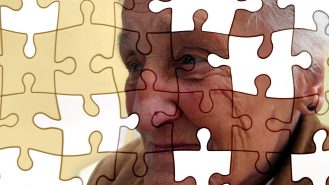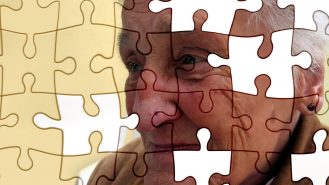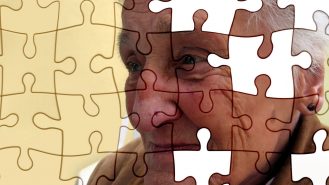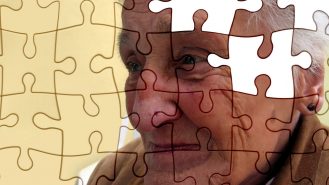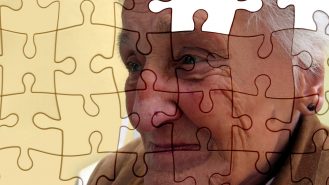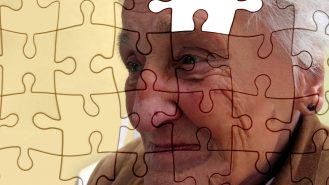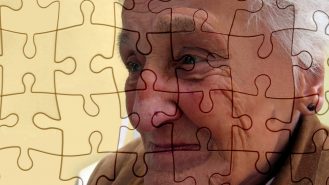Course organiser:Garry Jeffery
Presenter:various
This course is being mounted in the month of the centenary of the outbreak of the catastrophe of the World War 1. 27 million people were killed worldwide. 100,000 New Zealand men served overseas, with 16,000 killed and 40,000 wounded, a casualty rate even higher rate than in World War 2.
Our speakers will cover aspects of the war such as its outbreak, why New Zealanders went in such numbers, and what effects the war had on society, while our own members will share family member experiences.
21 Aug:
Dr Colin McGeorge on 'New Zealand Patriotism and the Great War': How had the young men who served in 1NZEF been so well-schooled in loyalty to king and empire that the majority of them were volunteers? What prompted people at home not only to give time, toil and cash to the war effort but also to engage in some unlovely excesses of patriotic fervour?
Dr McGeorge is a retired Senior Lecturer in Education, University of Canterbury.
28 Aug:
Dr David Monger on 'Reconsidering the origins of World War 1': Dr Monger is a Senior Lecturer in Modern European History, University of Canterbury. His talk will cover both the immediate decisions for war taken by different European nations in 1914 and the longer-term roots of these decisions. It will ask whether blame should be shared equally among several nations, or if one or another nation should take a larger share of the responsibility for starting what many historians consider to be the world's first total war.
4 Sep:
U3A members on 'Families at War' (Part I): U3A members will talk about aspects of the Great War from their families’ involvement, such as: letters from the Gallipoli trenches; desert warfare on camels; medals & plaques; a total family war effort; conscientious objecting.
11 Sep:
U3A members on 'Families at War' (Part II): Continued from 4 September.
18 Sep:
Paul O’Connor on 'The Impact of World War I on New Zealand Society': Paul O’Connor is Head of History, Burnside High School. This talk will cover issues such as the impact of the war on women and children, conscription and conscientious objection, the development of the RSA, rehabilitation, commemoration and the long term consequences of the war.
